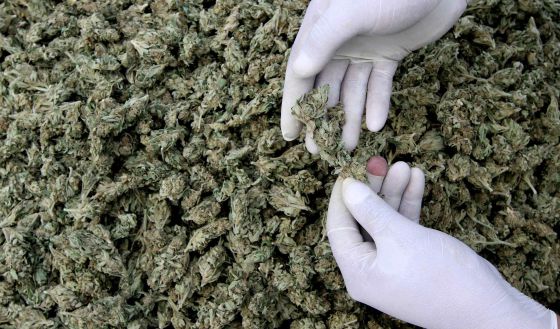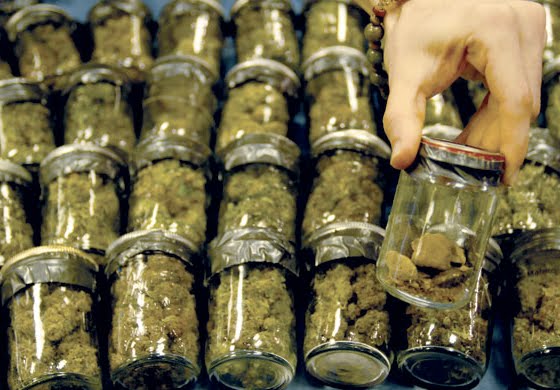Cannabis legalization has the momentum it needs; will it be preserved from commercialization and the free market?

As the legalization movement makes leaps and bounds stateside and gains momentum nationally, cannabis, as a product, finds its environs shifting. The herb has gone from the dealer’s scale to the dispensary’s scale and abandoned cylindrically wrapped bags altogether for medicine jars or concentrates. Nugs are fished out with chopsticks or gloves instead of the hand and the fist. Torches have replaced Bics. Pieces are evolving faster than cell phones, each generation outdoes the last (to think that vape pens hit the mainstream only a year ago, crazy) and the plant itself is receiving the best treatment and nutrients money can buy. Yes, the marijuana economy is moving on up, and thousands of associated products and equipment are jostling for space to become satellite beneficiaries of the sudden swell.
While the growing economy means great things for the consumer, the black market innocence (if it can be labeled as such) of the plant is about to encounter the reality of the market. In time, this will mean the end to the co-operative DIY system and the introduction of commercial production on a mass scale. Cannabis will be stripped of its identity as a medical remedy or transcendent intoxicant and referred to as a commodit-TEE to be packaged and branded in rectangular cardboard prisms. Marijuana with an “m” becomes Big Marijuana with $ for eyes and slogans for a mouth. While the prospect of widely available and quickly attainable cannabis may represent (for many) the ideal culmination of any legalization movement; it remains important to be mindful of what’s at stake.
The cooperative model that many states currently use will, in hindsight, be regarded by many as the best possible model. In the cooperative model the dispensary depends on their patients to grow and supply them with strains for their medicine shelf. Many cooperatives encourage their patients to grow and get to know the plant; some sell clones on site. Once the cycle of patient/growers to dispensary shelves to patient medicine jars becomes fluid, these cooperatives become self-sufficient cells of intake and dispensation that revolves around both dispensaries and patients alike growing accustomed to the world of cannabis. In other words, the cell produces a nucleus of intelligent consumers. Any system has its bugs; the greedy Wal-Mart dispensaries do exist (accepting low quality medicine for five dollars a gram and turning around and selling for ten). However, the beauty of the cooperative system is the byproduct of smart consumers that identify quality medicine and where it is and isn’t dispensed.

When the transition for the cooperative model to the commercial model occurs (and it will occur, many national governments are crunching potential tax income if marijuana production is legitimately allowed on a mass scale), the intimacy between consumer and the plant is severed. Note that in Washington’s I-502 non-medical home production remains illegal. Legal home production (whether with medical or non-medical intent) creates intimacy with the plant and if businesses wish to produce cannabis for mass consumption, it won’t sit well if educated consumers are growing their own or criticizing the quality of the commercial product. Knowledge, in this instance, keeps businesses in a money-making bind.
Inevitably, the transition to the commercialized model and Big Marijuana will be sold as the only way for state and federal government to unanimously OK legalization. And, as many a politician will pontificate, concessions have to be made. Unfortunately for cannabis users, that concession will be the loss of the cooperative model in lieu of the more lucrative commercial model. This must be taken for granted. However, advocates should by no means give up the right to grow one’s own medicine; to lose one’s intimacy with the plant is a catastrophic concession. As Big Cannabis comes to the fore, advocates need to ensure home-growing remains legitimate in the process, or the battle for legitimacy loses much more than it gains.









